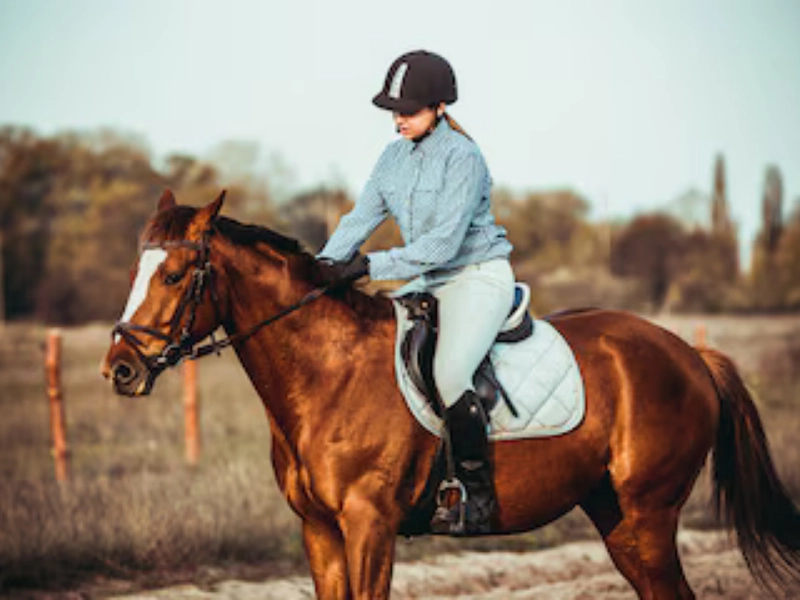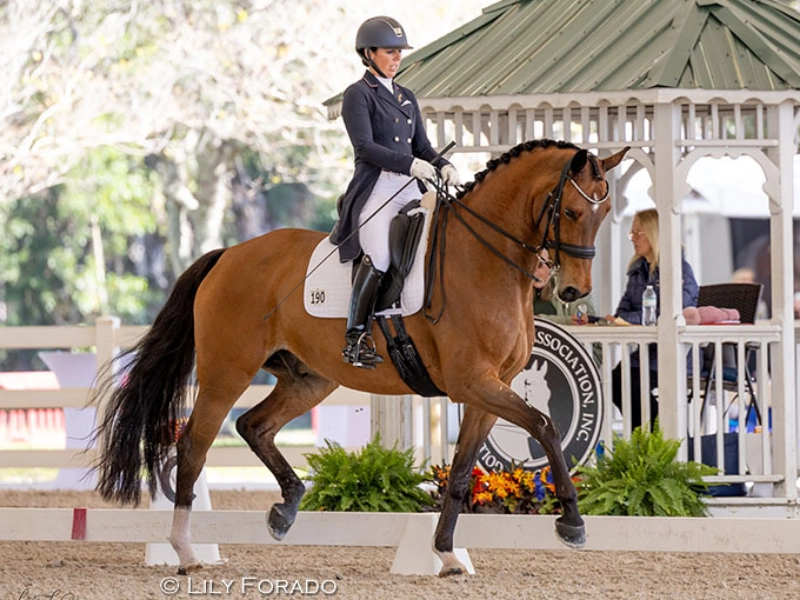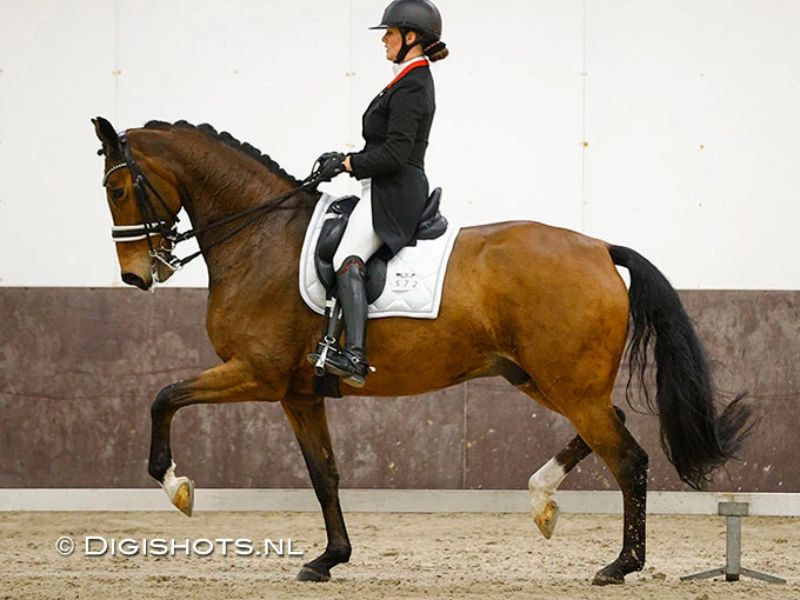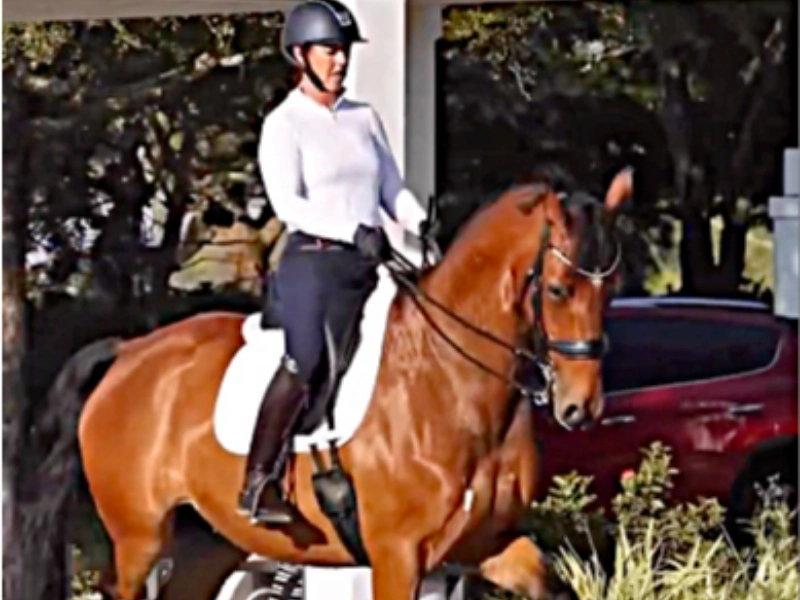An exciting sport combining ability, discipline, and a close relationship between rider and horse is competitive riding. Whether your inclination is for dressage, show jumping, or eventing, the competitive riding scene presents lots of chances for riders of every ability. Beginning your path in this fascinating subject can be fulfilling as well as demanding. From selecting the correct horse to getting ready for your first competition, this book will offer vital knowledge on how to start in competitive riding.

 Finding a suitable riding school or trainer comes second once you have selected your horse. Search for venues with a strong local reputation and that focus on competitive riding. A trained teacher can assist you in acquiring the required competencies for competitiveness. They will walk you through courses emphasising riding, knowledge of your horse, and mastery of particular disciplines.
When choosing a riding school take into account things like lesson availability, teacher credentials, and general facility environment. Your educational process will be much improved by a good and motivating surroundings. Ask about the chances for competition at the school since many riding schools take part in neighbourhood events and shows. As you get ready for your first event, this exposure can be quite helpful.
Finding a suitable riding school or trainer comes second once you have selected your horse. Search for venues with a strong local reputation and that focus on competitive riding. A trained teacher can assist you in acquiring the required competencies for competitiveness. They will walk you through courses emphasising riding, knowledge of your horse, and mastery of particular disciplines.
When choosing a riding school take into account things like lesson availability, teacher credentials, and general facility environment. Your educational process will be much improved by a good and motivating surroundings. Ask about the chances for competition at the school since many riding schools take part in neighbourhood events and shows. As you get ready for your first event, this exposure can be quite helpful.
 Competitive riding covers many disciplines, each with particular difficulties and requirements. Among the most often used disciplines are dressage, show jumping, and eventing. Dressage emphasises the rider's capacity for clear communication via exact movements as well as the horse's training. Show jumping measures rider ability to negotiate hurdles and the agility of the horse. Combining dressage, show jumping, and cross-country riding, eventing offers a complete test of both horse and rider.
Explore these subjects as a novice to find which one most speaks to you. See movies, go to local events, and visit clinics to learn more about every field. Participating in the riding community can also provide one understanding of the particular abilities needed and the kinds of horses ideal for every discipline.
Competitive riding covers many disciplines, each with particular difficulties and requirements. Among the most often used disciplines are dressage, show jumping, and eventing. Dressage emphasises the rider's capacity for clear communication via exact movements as well as the horse's training. Show jumping measures rider ability to negotiate hurdles and the agility of the horse. Combining dressage, show jumping, and cross-country riding, eventing offers a complete test of both horse and rider.
Explore these subjects as a novice to find which one most speaks to you. See movies, go to local events, and visit clinics to learn more about every field. Participating in the riding community can also provide one understanding of the particular abilities needed and the kinds of horses ideal for every discipline.
 Success in competitive riding depends on laying a strong basis of riding abilities. Work on your posture, balance, and horse communication. Regular practice is vital; try to ride many times a week to build confidence and muscle memory. To improve your general ability, including flatwork, jumping drills, and groundwork among other activities in your regimen.
Think about also attending riding clinics and courses emphasising particular skills or disciplines. Many times, these gatherings include seasoned trainers who can offer insightful comments and advice to advance you. Remember that persistence and patience are vital; every rider advances at their own speed and regular practice will eventually produce results.
Success in competitive riding depends on laying a strong basis of riding abilities. Work on your posture, balance, and horse communication. Regular practice is vital; try to ride many times a week to build confidence and muscle memory. To improve your general ability, including flatwork, jumping drills, and groundwork among other activities in your regimen.
Think about also attending riding clinics and courses emphasising particular skills or disciplines. Many times, these gatherings include seasoned trainers who can offer insightful comments and advice to advance you. Remember that persistence and patience are vital; every rider advances at their own speed and regular practice will eventually produce results.
It's time to get ready for your first competition after you believe your riding is competent. First, become familiar with the policies and guidelines of the discipline you intend to compete in. Every field has particular rules about performance expectations, dress and tack. Knowing these guidelines will enable you to approach competition day with greater confidence and readiness. Then, hone the particular tests or courses you will be obliged to complete. Riding in a similar atmosphere or taking part in a mock competition will help you to replicate the competitive surroundings if at all possible. This encounter can help you become accustomed with the ambiance of a real event and assist lower stress. Make sure your horse is ready for the competition on the mental as much as physical level. Your performance will much improve with a calm, concentrated horse.
Competitive riding is about personal development, relationships, and enjoyment of the ride as much as it is about winning. Establish reasonable objectives for yourself and acknowledge your successes—no matter how little—to embrace the competitive attitude. Every competition presents a chance for development; hence, approach every one of them with a good attitude. Your competitive road will be improved by interacting with other cyclists, sharing stories, and helping each other. Usually kind and encouraging, the riding community helps individuals to feel camaraderie. Recall that every rider—regardless of their degree—has had difficulties and disappointments. Your competitive riding experience will bring satisfaction and delight if you cultivate a good attitude and a passion of the sport.